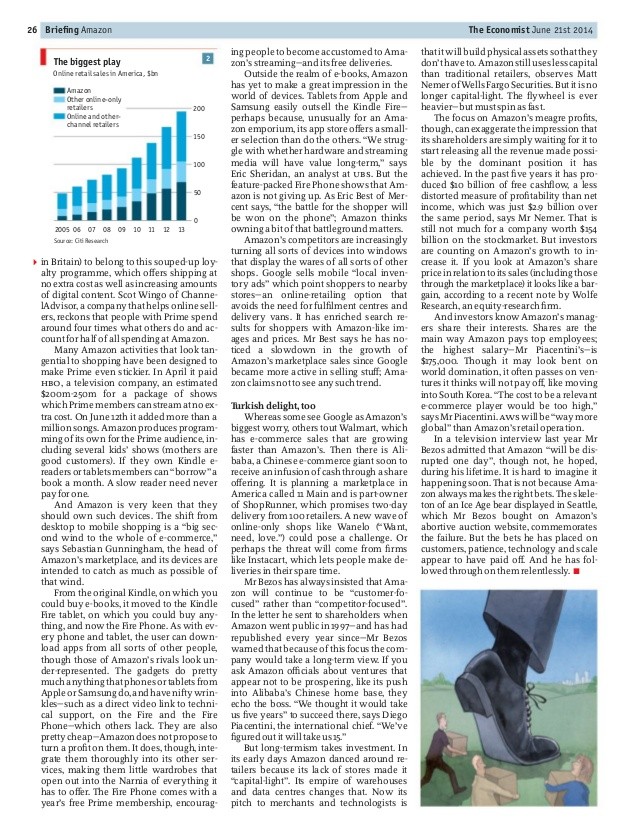How Sensitive Is Blackrock s Stock To Changes In iShares Fees Trefis
Post on: 16 Март, 2015 No Comment

Rate | votes | Share
Last week, a string of reports claimed that BlackRock (NYSE:BLK) hiked fees for a large number of its iShares Equity Traded Fund (ETF) offerings, based on the asset management firms regulatory filing over the weekend. [1 ] BlackRocks decision to raise the fees on 40 of the 280 iShares it offers by as much as 3 basis points (0.03%). In some cases the news did not make sense, given the firms announcement of slashing fees on six iShares and launching four new low-cost iShares three months ago. [2 ] As it turns out, BlackRock is actually not raising fees on any of its iShare offerings. [3 ]
But how would BlackRocks value be impacted if it actually raised fees? We look at this below and maintain a $213 price estimate for BlackRocks stock, which is around its current market price.
iShares Are Easily The Biggest Source Of Revenue For BlackRock
The size of the global Exchange Traded Funds (ETFs) market is currently estimated at $1.8 trillion. [4 ] And BlackRock is the undisputed leader in the industry boasting a near 40% market share, primarily through its iShares product offerings. BlackRock currently has assets under management worth almost $500 billion in equity iShares and just under $190 billion in fixed income iShares.
At the end of 2011, fees from various iShares offerings added just under $2.2 billion to BlackRocks top line figures. That is nearly a quarter of its total revenue figure of $9.1 billion for the year. And the contribution from iShares is only expected to have been higher in 2012. The importance of iShares offerings to its business model, and hence the share price, is hence by no means small.
Even A Small Fee Hike Can Raise BlackRocks Share Price Considerably
BlackRock, the worlds largest asset manager, provides a diversified portfolio of investment offerings to its clients so that they can pick and choose the type of investment, best suiting their risk profiles and target returns. And since it acquired the iShares business from Barclays (NYSE:BCS) in 2009, there has been a lot of demand for iShares.

The chart above shows BlackRocks fee income from equity iShares as a percentage of the total assets under management, and the figure has been around 0.4% in the past. And while we currently forecast a gradual decline in the fees figure, suppose we assume that BlackRock hikes its fees by 2 basis points on an average for all its ETF offerings. Considering the rates to remain at this elevated level of 0.42% over the forecast horizon, we see that our price estimate for BlackRocks share increases to $220 from the current value of $213. Making a similar 2 basis point increase in the fixed income iShares fees, pushes this value further to $222.
Hence, a 2 basis point (0.02 percentage points) increase in iShares fees, results in a $9 increase in our estimate for BlackRocks share price an almost 5% jump in value.
Then Why Doesnt BlackRock Go Ahead And Raise Those Fees?
Simple. To make sure that investors do not pull out their money from the iShares because they perceive the fees as too high. The conclusion is quite valid as competitors like Vanguard and Charles Schwab (NYSE:SCHW) have slashed fees on ETFs over recent months. [5 ] And BlackRock has been quite focused on expanding its presence in the global ETF market, something which it will not be able to achieve effectively if its fees are at significantly higher levels compared to competitors. BlackRock already leverages its brilliant track record to demand a premium compared to competitors, on most of its fund offerings, and the last thing it would want is for investors to move assets to competitors, effectively shrinking the size of the assets it manages represented in the chart below.














